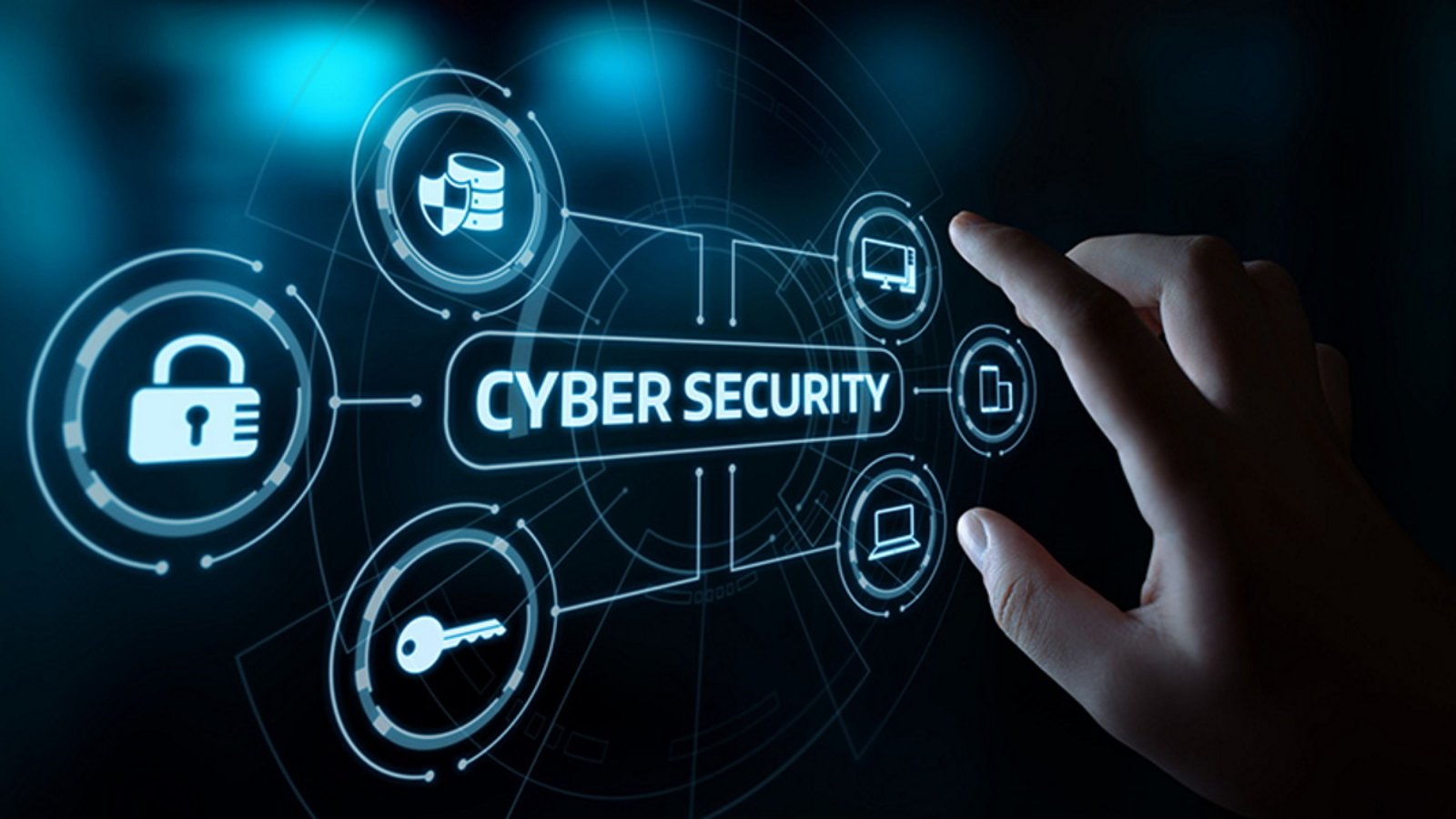By Pak College Institute
In today’s digital age, cyber threats are more dangerous — and more common — than ever. Whether you’re a student, business owner, or everyday internet user, cybersecurity is no longer optional. Hackers don’t just target big companies — they target individuals too.
Here are 7 essential cybersecurity tips you must know and apply in 2025 to stay protected online.
✅ 1. Use Strong, Unique Passwords
- Never reuse the same password across multiple accounts.
- Use a mix of uppercase, lowercase, numbers, and special characters.
- Consider using a trusted password manager like LastPass or Bitwarden.
- 🔑 Protects against brute-force and credential stuffing attacks.
✅ 2. Enable Two-Factor Authentication (2FA)
- Add an extra layer of security beyond just a password.
- Use apps like Google Authenticator or Authy for safer logins.
- Avoid using SMS-based 2FA, which can be intercepted.
- 🔒 Greatly reduces risk if your password is leaked.
✅ 3. Beware of Phishing Emails and Links
- Never click unknown links or download attachments from suspicious emails.
- Look out for spelling errors, strange sender addresses, and urgent messages.
- When in doubt, visit the website directly instead of clicking a link.
- 📧 Phishing is still the #1 cause of data breaches globally.
✅ 4. Keep Software and Devices Updated
- Regularly update your computer, phone, and apps.
- Updates often patch security flaws and vulnerabilities.
- Set software and operating systems to auto-update.
- 🛡️ Outdated software is an open door for hackers.
✅ 5. Don’t Use Public Wi-Fi Without Protection
- Public networks (cafes, airports) are not secure.
- Use a VPN (Virtual Private Network) to encrypt your connection.
- Avoid logging into sensitive accounts on public networks.
- 🌐 Prevents man-in-the-middle attacks and spying.
✅ 6. Back Up Your Data Regularly
- Store backups in both cloud storage and external drives.
- Backups protect you from ransomware and accidental loss.
- Schedule weekly backups or use automated tools.
- 💾 Your data is only safe if it’s backed up.
✅ 7. Use Antivirus and Firewall Protection
- Install reputable antivirus software like Bitdefender, Norton, or Windows Defender.
- Use a firewall to monitor traffic and block suspicious activity.
- Keep both antivirus and firewall definitions updated.
- 🧱 Essential first line of defense for any system.
FAQs – Cybersecurity Tips 2025
Q1: Are free antivirus programs reliable?
➤ Some are decent (like Windows Defender), but paid ones usually offer more features and better protection.
Q2: How do I know if I’ve been hacked?
➤ Warning signs include unknown logins, changed passwords, and missing files. Use tools like “Have I Been Pwned” to check breaches.
Q3: Is using incognito mode safe?
➤ Incognito only hides browsing history locally. It doesn’t hide activity from websites, ISPs, or hackers.
Q4: Should students be worried about cybersecurity?
➤ Yes — especially with online classes, email accounts, and devices being used every day. Students are often easy targets.


Add a Comment